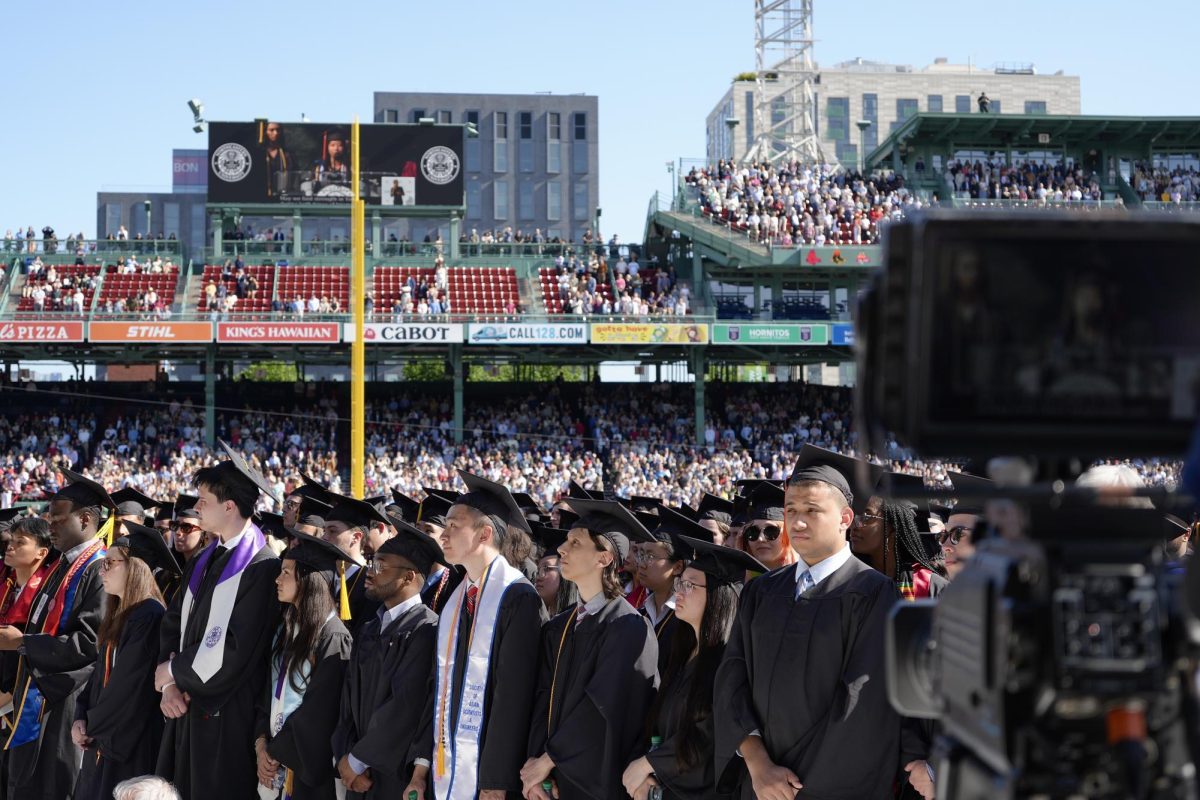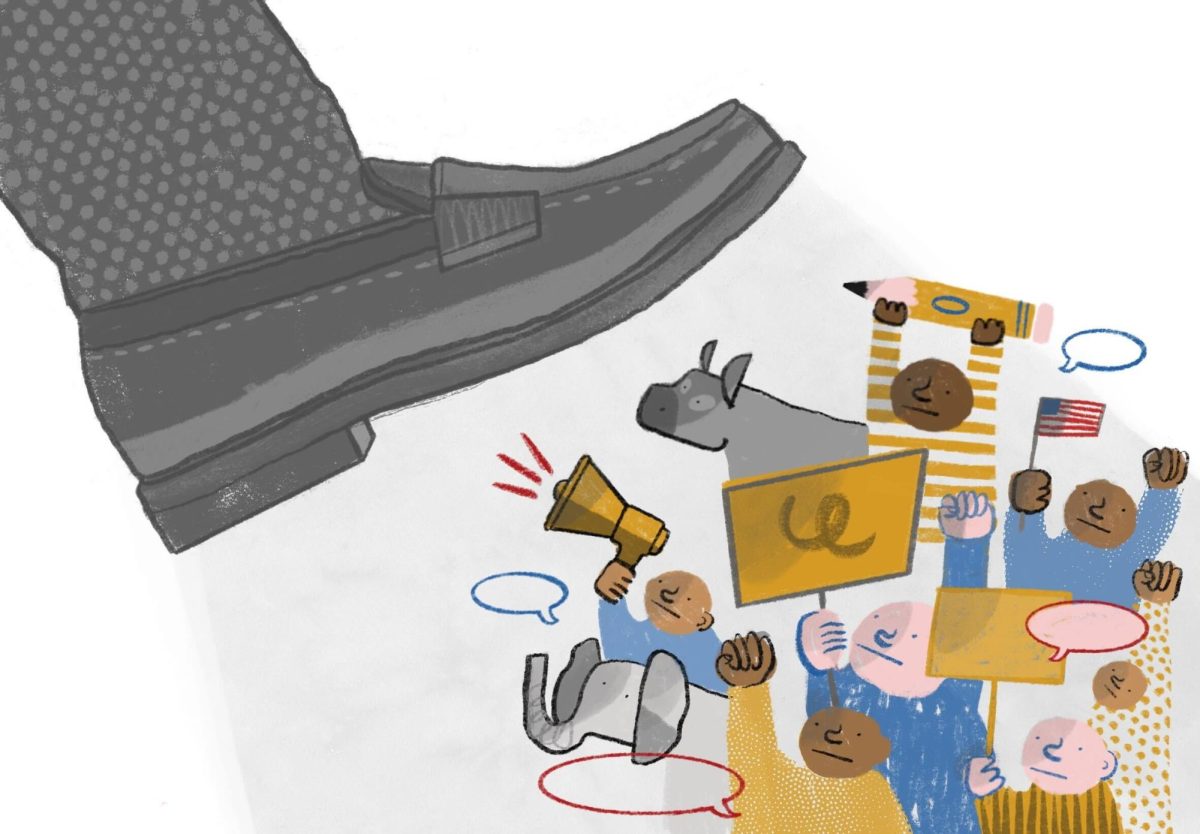By Max Schochet
Recently I sent an email to my journalism professor to get his opinion on a disturbing matter: The fearless Maltese journalist Daphne Caruana Galizia had been assassinated by a car bomb in broad daylight.
“For journalists around the world, this is the new normal,” wrote the New York Times editorial board. It’s disheartening how truthful those words are. In 2016, 48 journalists were killed, according to the Committee to Protect Journalists. This year is gearing up to be a particularly deadly epoch for journalists, with 27 deaths worldwide.
Countless journalists risk their lives for the stories they hope will create change. But too often, their reporting results in imprisonment or assassination. Even our own president has assailed the patriotism associated with journalism.
The Reuters headline “Maltese journalist’s son says she was murdered for exposing corruption” alerted me to Caruana Galizia’s death. Change the location to Russia and you have Anna Politkovskaya, who on Oct. 7, 2006, was murdered in the lobby of her apartment in Moscow. She had continued to report on the Second Chechen War despite numerous acts of intimidation and violence by government agents. Her death was aptly described by The Guardian as “the murder that killed free media in Russia.”
Journalist and activist Gauri Lankesh was gunned down last month by unknown bikers outside her home in Rajarajeshwari Nagar, India. Others in the country have been “slapped with spurious defamation suits when they report on suspicious doings of the powerful, and beaten by mobs,” according to The New York Times.
Over the past year, Turkey has imprisoned more than 100 journalists without trial. Mexico and the Philippines continue their brutal campaign against journalism. Essentially, governments too often fail to protect journalists who have the public’s best interests in mind. They demonize their work and deride their efforts. Reporting should not have the lethal ramifications it does.
It would be easy to say that the system needs to be changed, that journalists need protection while defending freedom of press. However, journalists are harbingers of truth — making enemies and risking their lives tend to be part of their job description. Walter Lippmann put it this way: “He has honor if he holds himself to an ideal of conduct though it is inconvenient, unprofitable, or dangerous to do so.” To me, that is the credence of investigative reporting.
It takes a certain type of bravery to confront systemic governmental corruption. And “the last person left standing is often a journalist,” wrote Matthew Caruana Galizia — Caruana Galizia’s son, a software engineer and journalist for International Consortium of Investigative Journalists.
Caruana Galizia was a paragon of this, acting as an ombudsman, ceaselessly reporting on graft within the parliament of her island country. Internationally, she rose to prominence in 2015 for exposing Malta’s links to offshore tax havens uncovered in the leaked Panama Papers and stood up for the rule of law. I knew of her for standing up against the rule of law.
I sent the email to my professor at Northeastern University to make sense of the ever-burgeoning war on journalism. Should we risk our lives to report the truth? As a student, I struggle with the answer. I realize sometimes we balance our job’s duty and our own lives. But journalists must continue to report and do our jobs, and hopefully more awareness will bring more protection in the future.
Frans Timmermans, the first vice president of the European Commission, responded to Galizia death, tweeting, “If journalists are silenced, our freedom is lost.”
In the weeks and months to come, let us not forget what she did, the sacrifices she made. Her death should not be relegated to a statistic. Every journalist, aspiring or established, should follow the model set by Caruana Galizia: Continue to report and propagate freedom. Be the enduring change, for a society without truth, is a society that has failed its own people.
Max Schochet is a second-year journalism major















